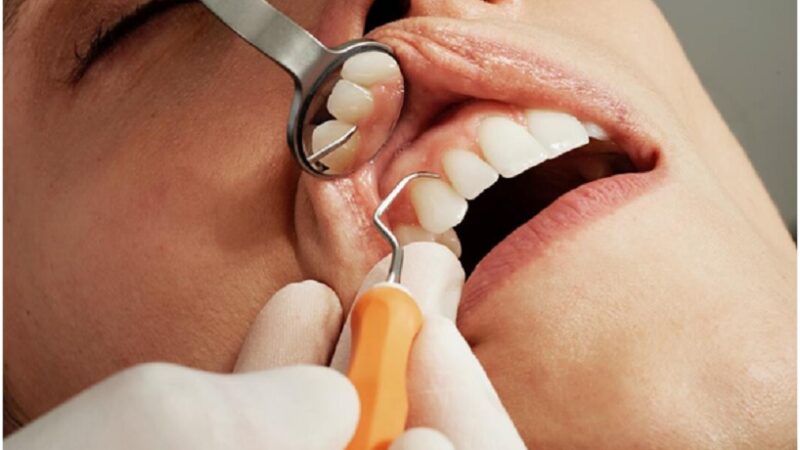When adults lose their permanent teeth, it is only natural for their first thoughts to relate to the negative impact on their smiles. Few give real thought as to how tooth loss will affect their ability to eat.
The population group most affected by missing teeth are the elderly. In the UK, statistics point to 1 in 10 elderly persons aged 65 and older at risk of being malnourished.
Considering the primary function of dentition is to grind food down small enough for easy digestion, it stands to reason that when teeth fall out, proper biting and chewing capabilities can be called into question.

How missing teeth affect nutritional intake
The NHS defines malnutrition as a condition that is due to the insufficient intake of nutrients needed by the body to function. Adults who suffer from tooth loss and who don’t seek appropriate solutions to replace missing teeth such as dental implants Herefordshire are at great risk of becoming malnourished.
We need a full dental arch, with teeth taking up various positions to aid proper masticatory function. A full dental arch comprises of 28 permanent teeth (not counting wisdom teeth) consisting of incisors, canines, molars as well as bicuspids.
Gaps in the dental arch can cause pain during eating and make consuming certain foods quite challenging – invariably these types of foods fall into the recommended daily diet; nutrient-dense fruit and vegetables.
For the body to receive the nutrients it needs, the food swallowed has to be broken down properly in order to be digested effectively. Food not chewed properly may remain in the gut undigested – an undesirable event that has further negative consequences. One of which is the build-up of bad microbes in the colon.
Many adults with teeth missing have to make changes to their diet. They begin to rely more on foods that are processed or softer and easier to eat. While some soft foods have some nutritional value, it is foods that require more chewing such as fruit, vegetables, lean meats, whole grains and nuts that offer the best amounts of vitamins and minerals. And it is these foods that people with missing teeth avoid.
In addition to losing out on adequate nutritional intake, persons with missing teeth who rely heavily on processed foods are also at risk of experiencing other health complications. An unhealthy diet fast tracks one to developing life-reducing illnesses such as diabetes and cardiovascular diseases – conditions that are also linked to poor quality of life. Not only is unhealthy weight gain a likely result of a poor diet, there is also an increased likelihood of high blood pressure and high cholesterol as well as stroke and a number of poor oral health issues that can arise.
Challenges in nutritional deficiencies can best be avoided by finding reliable tooth replacement solutions when natural teeth are lost. The dental industry has evolved over the years and one of the upshots is that there are a variety of tooth replacement devices available to help patients restore their masticatory function. When seeking advice on dental treatments, it is better to get accurate information from a reliable source – a professional dental practitioner.









